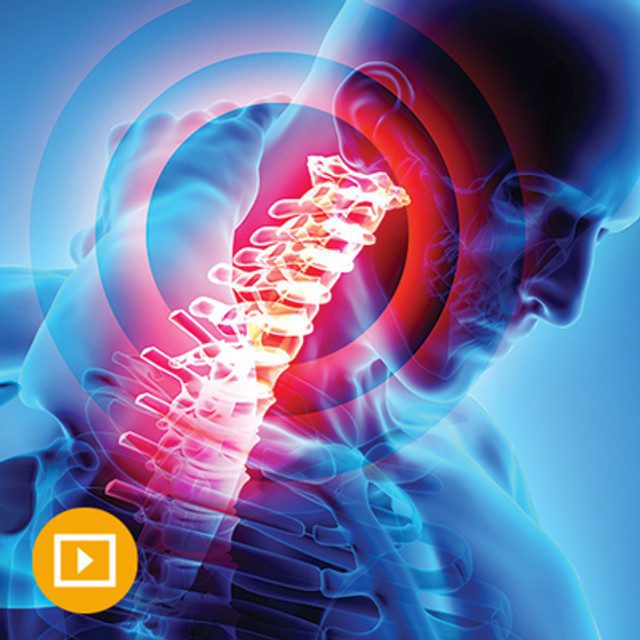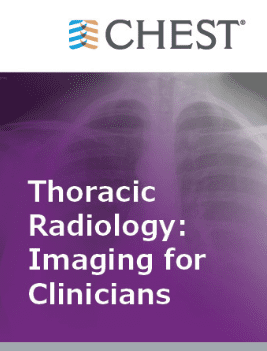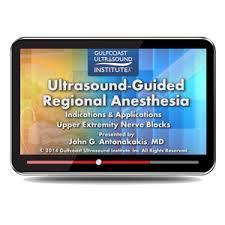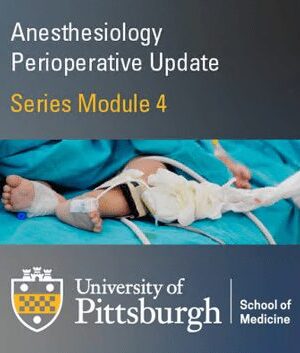No products in the cart.
Anesthesiology, Family Medicine
Comprehensive Review of Pain Medicine 2022 (CME VIDEOS)
44 Videos + 2 PDFs
File Size = 11.10 GB
$40.00
44 Videos + 2 PDFs
File Size = 11.10 GB
The Comprehensive Review of Pain Medicine online CME program addresses the challenge of effective, safe, and timely relief of acute or chronic pain with in-depth insights into evolving viewpoints of opioid analgesics, pain practice management, clinical updates, advances in pain physiology, spine technology, and neuromodulation.
Multidisciplinary speakers are experienced clinicians and teachers who offer not only practical recommendations, but also ways to integrate empathy and an understanding of the mechanism of pain. The sessions in this continuing medical education course highlight both existing and emerging evidence-based clinical strategies in the behavioral, pharmacological, and physical sciences. Key take-home points include:
Limiting the Opioid Supply – Are Our Communities Safer?
Psychotherapies for Pain – Underused But Effective
Opioids and Perioperative Pain Management – A Reassessment
Neuromodulation – Moving Past the Epidural Space
Appropriate Prescribing and the Pharmacist’s Obligation.
Restorative Neurostimulation for Refractory, Mechanical, Nociceptive Chronic Low Back Pain
And more…
Learning Objectives
At the completion of this course, you should be able to:
Name non-pharmacological therapies for back pain
Explain ways to treat patients with co-morbid substance use disorder and chronic pain in the acute setting and the chronic setting
List the benefits of virtual reality versus procedural sedation
Identify genes that affect analgesic/anesthetic pharmacokinetics and pharmacodynamics
Discuss perioperative interventions to prevent or reduce the chance of long-term use of opioids postoperatively
Compare the benefits of dorsal root ganglion stimulation versus epidural stimulation
Compare spinal cord stimulation versus targeted drug delivery for chronic pain
List the advantages of minimally invasive lumbar decompression and interspinous decompression
Explain the advantages and disadvantages of limiting the opioid supply
Name acute migraine attack outpatient treatment and preventative migraine treatments
Intended Audience
This educational activity was designed for anesthesiologists, neurologists, psychiatrists, emergency physicians, physical medicine and rehabilitation doctors, oncologists, internists, and family physicians.
TOPICS / SPEAKERS
Evolving Viewpoints of Opioid Analgesics
The CDC Guidelines, Version 2.0 – Charlie E. Argoff, MD
My Patient is Taking Opioids for Chronic Pain – What Should I Do? A Step Wise Approach for Legacy Patients – Antje M. Barreveld, MD
Pharmacogenomics, Opioids and Risk Assessment – Roseann S. Gammal, PharmD, BCPS
Chronic Opioid Therapy – Is Your Patient Benefiting? – Robert N. Jamison, PhD
Detecting Opioid Use Disorder – Mohammed A. Issa, MD
Opioid Therapy in the Opioid Use Disorder Patient – Mohammed A. Issa, MD
Opioids and Perioperative Pain Management – A Reassessment – Alexander B. Stone, MD
Appropriate Prescribing and the Pharmacist’s Obligation – Michele Matthews, PharmD, BCACP, FASHP
Limiting the Opioid Supply – Are Our Communities Safer? – Amie Goodin, PhD, MPP
Pain Practice Management
Understanding Insurance Contracting – Gerry Stanley, Jr., MD, P-CEO and Peter A. Brawer, PhD
Someone Calls the Office to Report Your Patient is Misusing Opioids – Richard H. Blake, JD
Management of Chronic Pain – A Primer for Mid-Level Practitioners – Michael Ferrick, RN, NP, AGPCNP-BC, DNP
Clinical Updates
Long COVID and Chronic Pain – Shamik Bhattacharyya, MD
Myofascial Pain Syndrome and Botulinum Toxin – Alternative During COVID? – Dajie Wang, MD
New Treatment Options for Pain – Angeliki Vgontzas, MD
Interventional Therapies for Headache – Yashar Eshraghi, MD
Medical Cannabis – A Synthesis of the Evidence – Jessica S. Merlin, MD, PhD, MBA
Integrative Medicine and Chronic Pain – Donald B. Levy, MD
Psychotherapies for Pain, Underused but Effective – Robert N. Jamison, PhD
Radiofrequency for Joint Pain – Zachary McCormick, MD
Disparities in Pain Management – Samantha M. Meints, PhD
Interventional Pain Procedure at the End of Life – Sanjeet Narang, MD
Chronic Pain in Pregnancy – Outpatient Management of Pregnant Patients – David Berman, MD
Sickle Cell Disease – Overview and Pain Management – Jason D. Ross, MD
Insights into Clinical Decision-Making Mistakes – Edgar L. Ross, MD
Updates on New Regional Anesthesia Techniques – David Yang, MD
Orofacial Pain – Diagnosis and Management of Persistent Idiopathic Facial Pain – Jeffrey R. Shaefer, DDS
Use of Opioids in Pediatric Pain Management – Christine Greco, MD
Ultrasound and Musculo-Skeletal Procedures – Erika Yih, MD
Advances in Pain Physiology
Neuroimmune Responses and Chronic Pain – Ricardo Vallejo, MD, PhD
Objective Measures of Pain – Robert Edwards, PhD
Virtual Reality – Making New Connections – Gerry Stanley, Jr., MD, P-CEO
Spine Tech 2022
Minimally Invasive Lumbar Decompression (MILD) Procedure – Nagy Mekhail, MD, PhD
Interspinous Decompression – Robert Jason Yong, MD, MBA
Sacroiliac Joint Procedures – Robert Jason Yong, MD, MBA
Vertebral Augmentation – Pritesh Topiwala, MD
Endoscopic Spine Surgery – Sanjeev Kumar, MD
Restorative Neurostimulation for Refractory, Mechanical, Nociceptive Chronic Low Back Pain – Christopher Gilligan, MD, MBA
Optimizing Lumbar and Cervical Facet Radiofrequency Ablation Outcome – Focus on Multispecialty Guideline Recommendations – Steve P. Cohen, MD
Neuromodulation 2022
The Choice of Spinal Cord Stimulation vs. Targeted Drug Delivery for Chronic Pain – Conventional Wisdom or Data-Driven Choice – Nagy Mekail, MD, PhD
Dorsal Root Ganglion Stimulation vs. Epidural Stimulation – The Search for Improved Efficacy – Timothy R. Lubenow, MD
ElectroAnalgesia – Amitabh Gulati, MD
Neuromodulation – Moving Past the Epidural Space – Edgar L. Ross, MD
Imaging Pain in the Brain with Functional MRI – Vitaly Napadow, PhD
Date of Original Release: December 1, 2022
Date Credits Expire: December 1, 2025





